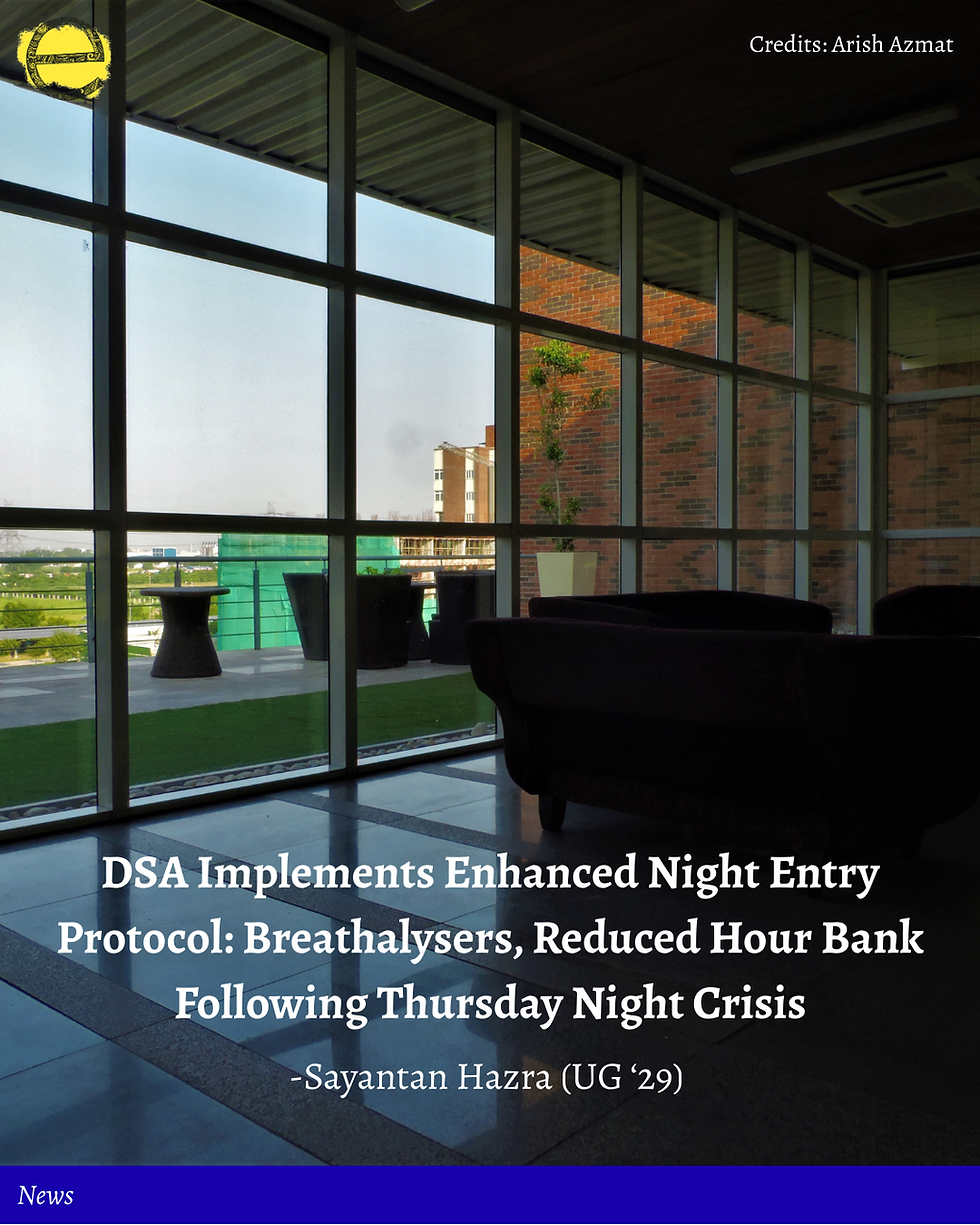Behind the Bench: Justices Surya Kant and Nongmeikapam Singh Preside Over Today’s Supreme Court Hearing
- The Edict
- May 21, 2025
- 2 min read
The Supreme Court is set to hear Professor Ali Khan Mahmudabad’s case (Mohammad Amir Ahmad @ Ali Khan Mahmudabad vs. State of Haryana) on Wednesday, May 21, 2025. The matter, listed before Justices Surya Kant and Nongmeikapam K. Singh, includes a request for immediate bail and a waiver for submitting official translations right away. The hearing is scheduled to begin at 10:30 a.m. and continue until 2:25 p.m., with advocate Lzafeer Ahmad B.F. representing the petitioner.
Justice Surya Kant, if the convention of seniority is followed, will succeed Chief Justice Bhushan Ramkrishna Gavai as Chief Justice of India (CJI) in November 2025. Having assumed office in 2019, he has been a part of 312 benches and authored 54 judgments. A majority of Justice Kant’s cases are criminal cases, amounting to 35% of the total.
As a Supreme Court judge, Justice Surya Kant was part of the three-judge bench that granted bail to fact-checker Mohammed Zubair in July 2022. Zubair had been arrested for allegedly promoting enmity between communities, with additional charges under the Foreign Contribution Regulation Act later added. The bench, headed by then CJI D.Y. Chandrachud ordered his immediate release from Tihar Jail.
A blanket restriction on the petitioner’s right to express his opinion, which he is entitled to as an active citizen, would be disproportionate to the objectives of bail conditions, the bench observed. “Such a restriction would amount to a gag order and constitute an unjustified violation of his freedom of speech, expression, and professional practice,” it further adds.
Justice NK Singh, on the other hand, assumed office five years after Justice Kant did, in July 2024. He has served as an advocate and judge in several states; prior to his appointment to the Supreme Court as a judge, he served as the Chief Justice of the Jammu and Kashmir and Ladakh High Court.
Many of his cases deal with issues of citizenship. In his notable judgement, Haidar Ali v The Union of India (2022), Justice Singh held that a person could not be denied registration under Assam’s National Register of Citizens (NRC) simply because he failed to establish a link with all his relatives.
A more recent case, where both judges were involved— taking place in 2025 — is Ranveer Gautam Allahbadia vs Union of India, pertaining to India’s Got Latent controversy, chaired by Justice Kant and Justice Singh. Allahabadia was charged under section 296 of the Bharatiya Nyaya Sanhita for saying “obscene words in public”. Allahbadia was protected by the court, but not without criticism; he was repeatedly slammed by the chair, particularly Justice Kant, who on several occasions mentioned the “disgusting,” “filthy,” and “insulting” nature of Allahbadia’s comments.
After roughly 20 minutes of deliberation, including strong remarks condemning the “vulgarity” of the jokes and the imposition of conditions such as surrendering his passport to the Thane police and seeking permission from both the Investigating Officer and the Supreme Court before leaving the country, the bench granted interim relief by staying Allahbadia’s arrest and preventing the registration of any new FIRs on the same grounds.




Comments